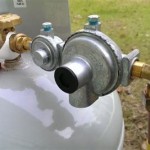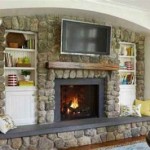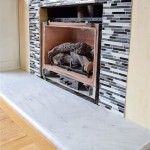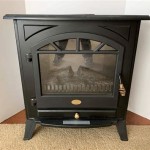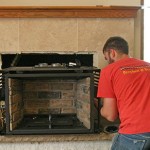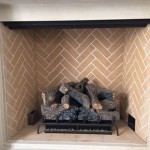Faux Stone Veneer Fireplace: An Essential Guide for Enhancing Your Home's Style
Faux stone veneer fireplaces have emerged as a popular choice for homeowners seeking to add warmth, sophistication, and value to their homes. These fireplaces offer a realistic stone appearance without the cost and drawbacks associated with real stone. In this guide, we delve into the essential aspects of faux stone veneer fireplaces, helping you understand their benefits, types, installation process, and maintenance requirements.
Benefits of Faux Stone Veneer Fireplaces
Faux stone veneer fireplaces provide numerous benefits, including:
- Cost-effective: Faux stone veneer is significantly more affordable than traditional stone, making it a budget-friendly option for achieving the desired aesthetic.
- Lightweight: Faux stone veneer is much lighter than real stone, making it easier to install and reducing the need for structural reinforcement.
- Durable: Faux stone veneer is highly resistant to moisture, fire, and insects, ensuring longevity and durability.
- Versatile: Faux stone veneer can be customized to match different architectural styles and décor themes, providing flexibility in design.
Types of Faux Stone Veneer Fireplaces
Faux stone veneer fireplaces come in a wide range of styles and colors, allowing you to choose the perfect match for your home. The most common types include:
- Stacked Stone: This style features irregularly shaped stones stacked in a random pattern, creating a rugged and rustic look.
- Ashlar Stone: These fireplaces use rectangular stones that are cut and arranged in a uniform pattern, resulting in a more formal and elegant appearance.
- Cobblestone: Cobblestone fireplaces utilize small, rounded stones to create a charming and cozy ambiance.
Installation Process
Installing a faux stone veneer fireplace requires careful planning and execution. The process typically involves:
- Surface Preparation: The fireplace surround should be cleaned, leveled, and prepared for the application of the veneer.
- Adhesive Application: A specialized adhesive is applied to the back of the veneer tiles to ensure proper bonding.
- Tile Placement: The veneer tiles are positioned according to the desired pattern and pressed into place.
- Grouting: Grout is applied to fill the gaps between the tiles, creating a seamless and finished appearance.
Maintenance Requirements
Faux stone veneer fireplaces require minimal maintenance to maintain their aesthetic appeal and functionality:
- Regular Cleaning: Use a damp cloth or sponge to wipe away any dust, dirt, or debris that accumulates on the surface.
- Periodic Inspection: Check the fireplace surround regularly for any loose tiles or grout damage. Address any issues promptly to prevent further deterioration.
- Professional Cleaning: For deeper cleaning, consider hiring a professional cleaning service to remove stubborn stains or restore the veneer's original color.

Thin Stone Veneers Make A Fireplace Update Easy

Jerre S Faux Stone Fireplace Surround Genstone

Stone Fireplace Design And Remodel

43 Top Fireplace Interior Design Stacked Stone Fireplaces Faux Veneer

11 Stone Veneer Fireplace Surround Design Trends Where To Buy

Stone Fireplace Design And Remodel

Jerre S Faux Stone Fireplace Surround Genstone

Faux Stone Panels Veneer Selex

The Pros And Cons Of Manufactured Stone Veneer Home Resources Abr

Faux Stone Panels For Your Fireplace Makeover
Related Posts

